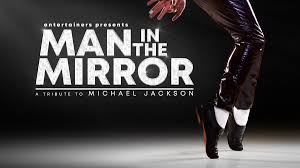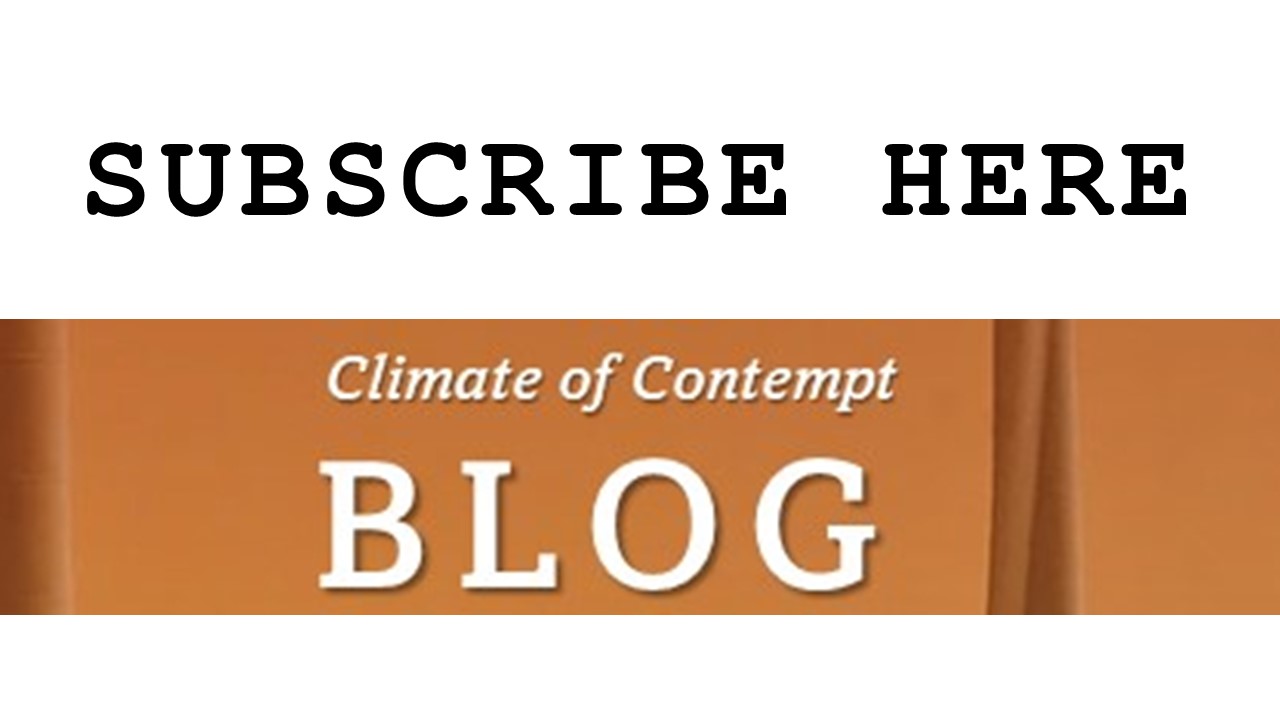Part 1 of this post explained why the key to recovering the importance of truth in policymaking rests with voters. This second part addresses a subject I cover in chapter 6 of Climate of Contempt: namely, how to go about breaking the spell that the propaganda machine casts over voters. The good news is that the fix is simple; the bad news is that it requires patience, determination, and self-discipline.
Correcting Others’ Factual Mistakes Doesn’t Help
Communications scholars long ago rejected the simple “information deficit” theory of persuasion: the idea that if others had the correct information, they would correct their mistaken beliefs. Social-emotional forces can make our beliefs impervious to facts and evidence, a phenomenon that drives the plots of soap operas and other fictional dramas. Facts can matter, but only when people are receptive to them. The trick is helping people open up to the truth.
The Cliff’s Notes version of chapter 6 of my book is this: In order to reverse the destructive effects of the Internet on our politics, we need to talk to each other across partisan and ideological boundaries, and we need communicate like learners, not oracles of truth.
Empirical research confirms that it is not be hyperbole to say that today’s online information environment – algorithmically-sorted advocacy media stories, plus addictive social media – is slowly destroying learning skills. It is making learning much, much harder today than before. But if we think about why that is, we can correct for it.
First, communication on social media or other online platforms involves an audience of unknown size and composition. On Twitter, Bluesky, Threads, etc., much of the audience will be anonymous to us. Even when we know who our followers are, there is the possibility that our posts there will be shared with others.
Second, online communication is circumscribed, which disadvantages learning in favor of pithy argument. Some platforms limit the length of posts, and modern norms prevent longer posts that enable participants in a discussion to get into the weeds. Where information is plentiful and attention is scarce, we internalize the norm that shorter is better. Consumers of online information don’t want to miss anything important (FOMO), and so tend not to read longer posts.
Third, most of us have egos. It’s not a bad thing. We crave the respect of other people. And so we enjoy being regarded as experts online. It feels good when other people think of your views as credible and worth their notice. We like it when our posts go viral, earning us the admiration we suspect we deserve. 😊
Fourth, all these dynamics affect “us” as well as “them.” Empirical social science has confirmed – over and over and over again – that the online environment distorts our perceptions, pushes us all away from the whole truth, and toward oversimplified blame narratives that further close our minds.
So how do we correct for all of this?
Communicating like learners, not teachers
Learners seek out opposing views to test the accuracy of their own beliefs. They ask questions. Crucially, when one party to a conversation communicates like a learner, the other parties are more likely to respond in kind. Unfortunately, too much too much online communication ignores (rather than engages) opposing views. It consists of competing proclamations of THE TRUTH passing each other like ships in the night.
When we see someone posting information that we know to be incorrect, our natural human instincts betray us. We think that respectfully correcting the mistake will be helpful. “What you have missed here is that…” Or, “Yes, but what you got wrong is…” Or, after a while, we lose patience and drop the respectful tone. “WRONG! You [liberals][conservatives] always get this wrong.”
Corrections are unpersuasive because people don’t trust the online poster as much as they trust their like-minded information sources, and because they don’t want to be embarrassed in front of an audience.
If instead, we ask about the basis of those incorrect views, we start a discussion that may lead the poster to audit their own views. That approach also holds out the possibility that they may choose the face-saving option of actually correcting themselves online. Sure, others may chime in unhelpfully, with accusations of stupidity and malice, but you will have helped a person think about an issue in a deeper way. You will have communicated like a learner rather than a oracle.
That is what good teachers do. They don’t merely spew facts at students. They try to get students to think critically about the subject in question, to question their own views – to “be curious, not judgmental,” to borrow a phrase. That is the essence of being a learner.
The prescription sounds difficult – even naïve or depressing – because it requires changing online norms that seem beyond the powers of any individual. I have heard as much from students while promoting my book over the last six months. But it ought not to be.
There is a lot more specific advice about how to do this in chapter 6 of the book, but here’s a shortcut: it all comes down to mimicking face-to-face communication. When communicating online, try to imagine that you are communicating face-to-face with a person that you already know. Imagine that person is worthy of your respect or friendship, and that you want to maintain that relationship while discussing politics or policy.
It takes a little practice, but if you can maintain that mindset the conversational skills required to communicate like a learner will come. Good luck! – David Spence




